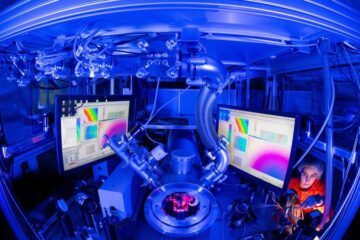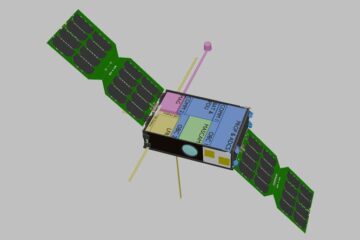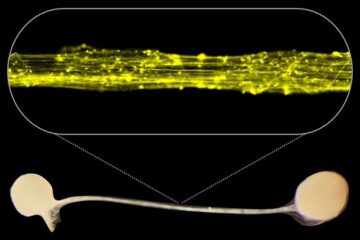Context affects opinion about novel energy sources

People frequently form opinions about new technologies, such as novel energy options, despite having a very limited knowledge of the subject concerned. The subject is often complex and people are either not particularly interested or have limited time. Wouter van den Hoogen’s research indicates that the opinions people form about various energy sources are related to each other. The researcher argues that an integrated communication strategy should be used for the acceptance of each type of sustainable energy source introduced to the Dutch market. Promoting one specific energy source can adversely affect the acceptance of other new energy sources.
In seven experiments Van den Hoogen examined the boundary conditions within which so-called 'context effects' can occur. A context effect occurs if a person’s opinion about new technologies depends on subtle differences in the context in which the technology is introduced. The theme of these experiments was energy from biomass. It appeared that people were only sensitive for subtle differences in context if they had a weak basic attitude towards the subject. When people had a weak opinion, and another energy source was casually mentioned just before the assessment of biomass, then their opinion about the use of biomass was assimilated to the use of the other energy source. Biomass was assessed more positively if sunlight was mentioned in this context, compared to when coal was mentioned. This is because people use the information in context, as an interpretation framework for assessing the unknown item. Still, this assimilation effect did not always occur in the experiments. Sometimes a comparison with the context led to a contrast effect: in this case, biomass was valued more highly if it was compared to coal and valued less if compared to solar energy. Although the assimilation effects also occurred when people were hindered from thinking, contrast effects required mental effort.
The doctoral research is part of the programme 'Biomass as a sustainable energy source: environmental load, cost-effectiveness and public acceptance' financed by the NWO/SenterNovem Stimulation programme Energy research. The aim of the programme is to develop knowledge in the natural sciences and humanities for the transition to sustainable energy supplies.
Media Contact
All latest news from the category: Ecology, The Environment and Conservation
This complex theme deals primarily with interactions between organisms and the environmental factors that impact them, but to a greater extent between individual inanimate environmental factors.
innovations-report offers informative reports and articles on topics such as climate protection, landscape conservation, ecological systems, wildlife and nature parks and ecosystem efficiency and balance.
Newest articles

Caution, hot surface!
An international research team from the University of Jena and the Helmholtz Institute Jena are demystifying the mechanisms by which high-intensity laser pulses produce plasma on the surface of solids….

Exploring the Asteroid Apophis With Small Satellites
In five years’ time, a large asteroid will fly very close to Earth – a unique opportunity to study it. Concepts for a national German small satellite mission are being…

First model of the brain’s information highways developed
Our human brain is not only bigger and contains more neurons than the brains of other species, but it is also connected in a special pattern: Thick bundles of neurons…





















